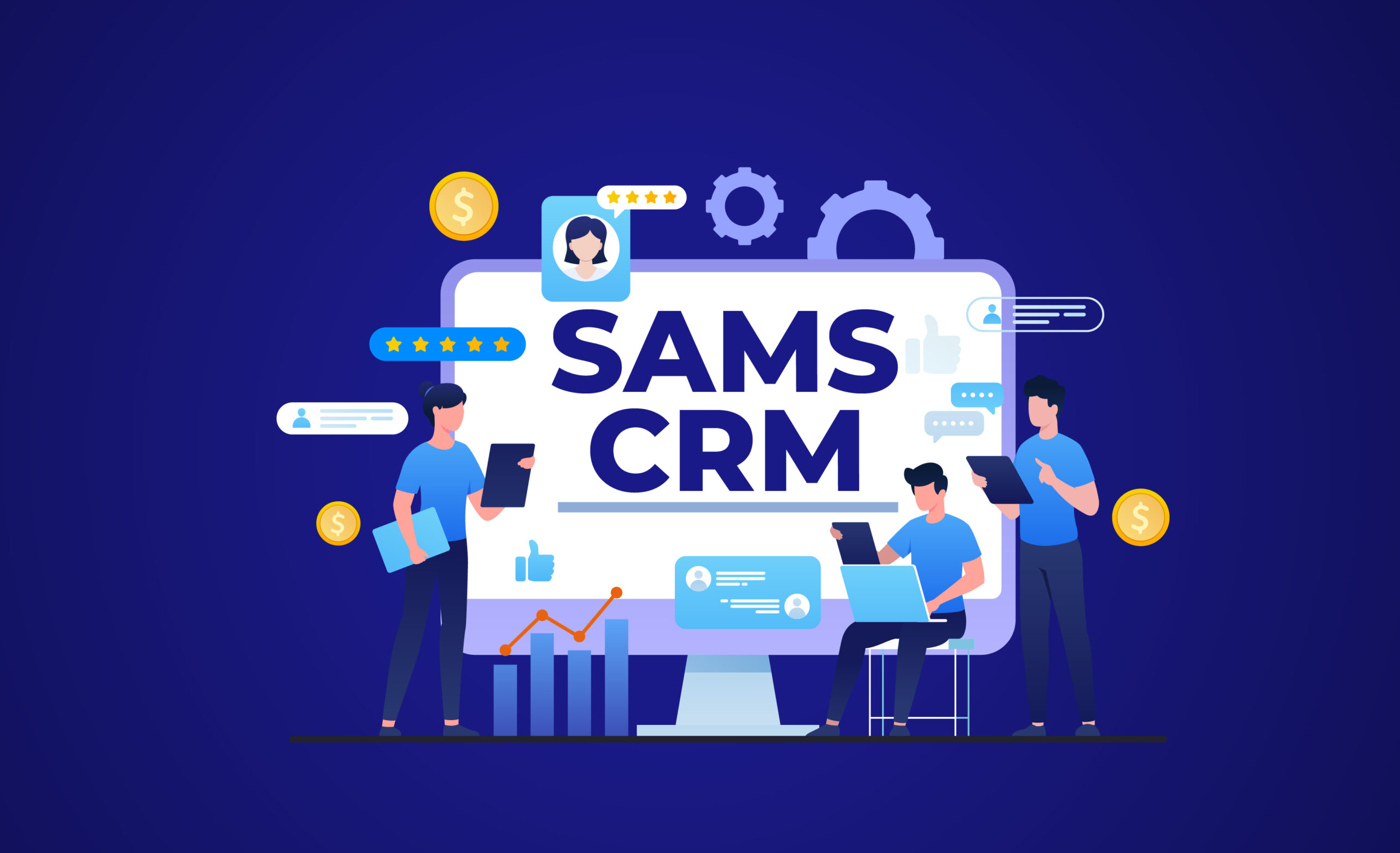For CRM for student recruitment agents, managing the admissions and enrolment process efficiently is key to ensuring a smooth and successful recruitment cycle. With growing competition for top talent and increasingly complex international recruitment operations, adopting modern technology is no longer optional—it’s essential. One of the most effective tools for improving admissions efficiency is a Customer Relationship Management (CRM) system, specifically tailored to meet the needs of universities and their recruitment agents.
In this article, we explore the top five benefits of streamlining admissions and enrolment using CRM for student recruitment agents systems, particularly for recruitment agents managing student data on behalf of universities.
1. Improved Organisation and Centralisation of Data
Gone are the days of scattered spreadsheets and manual data entry. Using a CRM for student recruitment agents system allows recruitment agents to centralise all student-related information in one secure, accessible platform. This includes everything from initial enquiries and application documents to communication logs and status updates.
With University Agent Software solutions that utilise CRM technology, agents can efficiently track each student’s progress from the initial enquiry stage through to enrolment. This streamlined approach ensures that no vital information is lost, and agents can quickly retrieve data when needed, reducing the risk of missed deadlines or errors in the admissions process.
2. Enhanced Communication and Follow-Up
Timely and consistent communication is crucial in student recruitment. Prospective students expect regular updates on their application status, as well as personalised responses to their queries. A CRM for student recruitment agents system can help recruitment agents automate and manage communication, making it easy to send tailored messages, follow up on enquiries, and maintain regular contact with students throughout the admissions process.
With integrated email and messaging tools, a CRM for student recruitment agents allows agents to send automatic reminders about document submissions, deadlines, and interview schedules, ensuring students remain engaged. This not only improves the student experience but also increases the likelihood of applications progressing smoothly to enrolment.
3. Real-Time Analytics Real-Time Analytics and Reporting with CRM for Student Recruitment Agentsand Reporting
One of the standout features of a CRM system is its ability to generate real-time analytics and reports, providing invaluable insights into the recruitment process. University recruitment agents can easily monitor key metrics such as the number of active applications, conversion rates, and the efficiency of communication efforts.
By utilising CRM-powered University Agent Software, recruitment professionals can track performance across different regions or demographics, allowing for more targeted and effective recruitment strategies. Real-time data also helps to identify bottlenecks in the admissions process, enabling agents to make swift adjustments and improve overall efficiency.
4. Automation of Repetitive Tasks
One of the biggest time-drains in student recruitment is the management of repetitive administrative tasks, such as data entry, sending follow-up emails, and updating records. CRM systems automate these tasks, freeing up recruitment agents to focus on more strategic activities like nurturing relationships with prospective students and guiding them through the admissions journey.
For example, a CRM for student recruitment agentscan automatically update a student’s application status when new documents are submitted, send reminders about missing information, or flag high-priority applications for immediate follow-up. Automation also reduces the risk of human error, ensuring that students receive timely and accurate updates throughout the process.
5. Enhanced Collaboration Between Agents and Universities
Effective collaboration between recruitment agents and universities is essential for a successful enrolment cycle. A CRM system facilitates seamless communication and data sharing between agents and university admissions teams, ensuring that both parties are always aligned and working towards the same goals.
By integrating University Agent Software with a CRM, recruitment agents can share student data, application progress, and key insights with university staff in real time. This allows for greater transparency, faster decision-making, and improved coordination, ensuring that no student falls through the cracks during the admissions process.
Moreover, a CRM system helps universities and agents work together to identify the most promising candidates, allowing for more targeted marketing and recruitment efforts based on real data.
Conclusion
For student recruitment agents, adopting a CRM for student recruitment agents system offers significant advantages in streamlining admissions and enrolment processes. From automating repetitive tasks to providing real-time data insights, a CRM can dramatically enhance efficiency and improve the student experience. By integrating University Agent Software with CRM technology, agents can better organise student data, communicate more effectively, and collaborate seamlessly with university partners. In an increasingly competitive recruitment landscape, the ability to work smarter, not harder, will set recruitment agents apart and ensure higher success rates for both students and universities.
For more information on business solutions tailored to the needs of recruitment agents, visit Sams Global.







